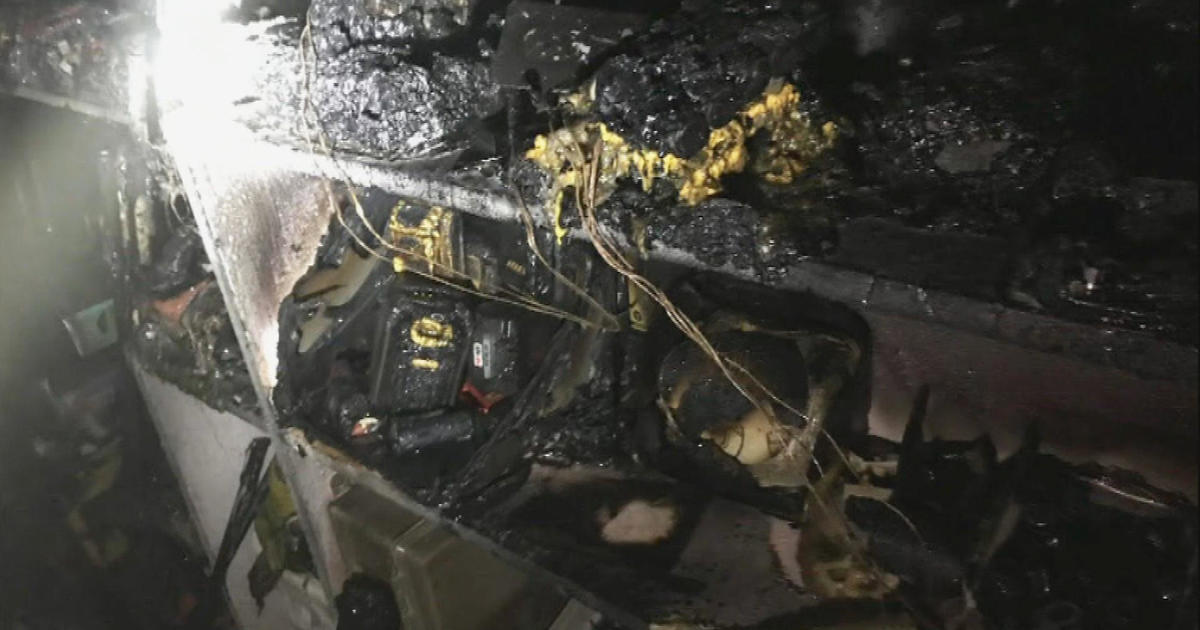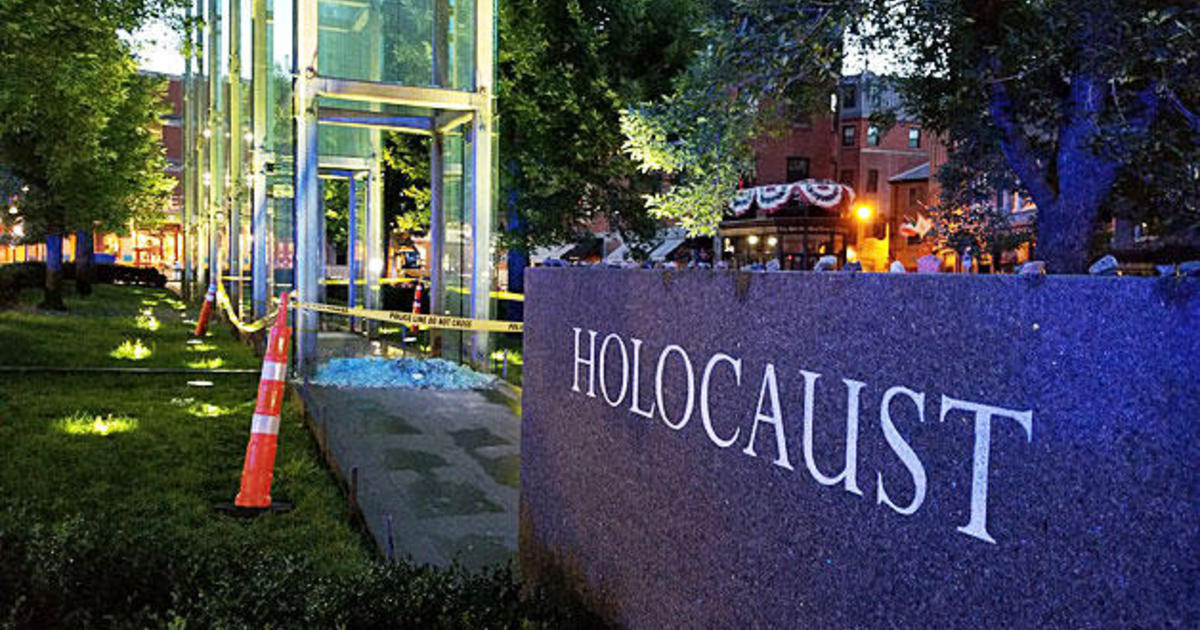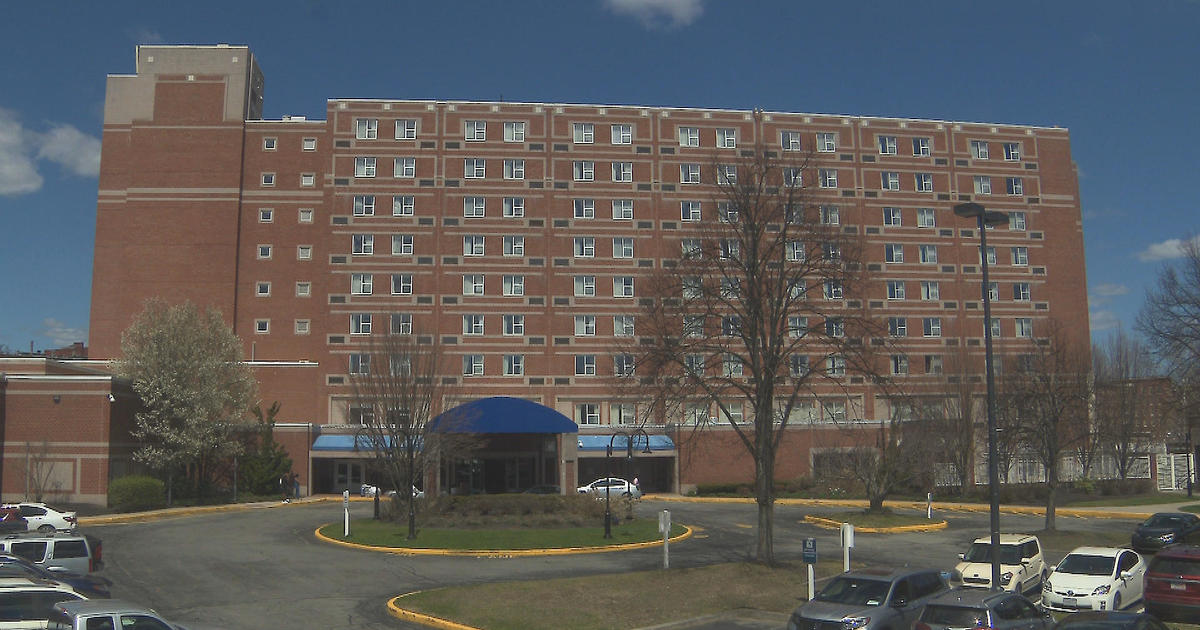Massachusetts Lawmakers Assess Ebola Readiness
BOSTON (AP) — Federal funding cuts have made it more difficult for the medical community to prepare for potential cases of Ebola, a Boston hospital official told state lawmakers on Thursday.
The Legislature's public health committee held a Statehouse hearing to assess the readiness of Massachusetts to deal with the virus that has infected thousands in West Africa. The state has not had any confirmed Ebola cases, but a recent scare in Braintree prompted the town's mayor to call for improved state guidelines for handling any future emergencies.
In written testimony submitted to the panel, a union representing 23,000 nurses and health care workers argued the state was not as prepared for Ebola as officials, including Gov. Deval Patrick, have declared in public statements.
Dr. Paul Biddinger, chief of emergency preparedness at Massachusetts General Hospital, said recent federal funding cuts had impacted the ability of hospitals to train and equip their workers for public health crises. He cited a 38 percent decline in funding to hospitals for emergency readiness that health care facilities could use to hold training exercises and purchase protective clothing.
"These cuts threaten our nation's health security," Biddinger said.
Ebola, he warned, posed "fundamentally different" challenges to the U.S. health care system than any other disease because of its potential to disrupt hospital operations and the difficulty in relaying accurate information to patients, hospital staff and the public.
Biddinger told legislators that he was not aware of any state-level budget cuts that similarly impacted readiness.
The Massachusetts Nurses Association complained that its members had not been invited by the committee to share their concerns in person at the hearing. Rep. Jeffrey Sanchez, a Boston Democrat who co-chairs the panel, said nurses and other front-line health workers would be asked to appear at a follow-up session next week.
"We are not prepared, we are not trained," said Patricia Powers, an emergency room nurse at Boston's Brigham and Women's Hospital, in an interview outside the hearing room. She noted that protective gear did not prevent two Dallas nurses who treated an Ebola patient from contracting the virus, and said she was unsure how she would perform her job while wearing the bulky suits.
"How do I protect myself, how do I protect the patient, how do I protect my family and the community?" Powers asked.
On Sunday, a man who said he had recently traveled to West Africa entered a walk-in clinic in Braintree, about 12 miles south of Boston, with symptoms that prompted fears he had Ebola. Later tests determined he did not.
Mayor Joseph Sullivan told the committee that while he was proud of the town's response to the incident, it pointed to the need for stronger guidelines for municipalities suddenly thrust into a potential Ebola situation. He cited, among other things, spotty communication between first responders and state public health officials.
One of his biggest challenges was allaying anxiety among town residents during the emergency.
"We had to put out information as quickly as possible in order to calm fears," Sullivan said.
Copyright 2014 The Associated Press. All rights reserved. This material may not be published, broadcast, rewritten or redistributed.
MORE LOCAL NEWS FROM CBS BOSTON



